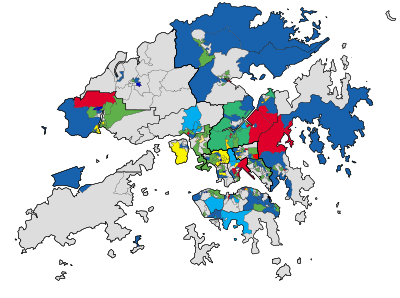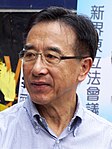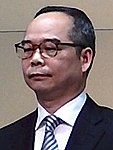| |||||||||||||||||||||||||||||||||||||||||||||||||||||||||||||||||||||||||||||||||||||||||||||||||||||||||||||||||||||||||||||||||||||||||||||
All Elected Constituencies 390 (of the 519) seats in all 18 Districts Councils | |||||||||||||||||||||||||||||||||||||||||||||||||||||||||||||||||||||||||||||||||||||||||||||||||||||||||||||||||||||||||||||||||||||||||||||
|---|---|---|---|---|---|---|---|---|---|---|---|---|---|---|---|---|---|---|---|---|---|---|---|---|---|---|---|---|---|---|---|---|---|---|---|---|---|---|---|---|---|---|---|---|---|---|---|---|---|---|---|---|---|---|---|---|---|---|---|---|---|---|---|---|---|---|---|---|---|---|---|---|---|---|---|---|---|---|---|---|---|---|---|---|---|---|---|---|---|---|---|---|---|---|---|---|---|---|---|---|---|---|---|---|---|---|---|---|---|---|---|---|---|---|---|---|---|---|---|---|---|---|---|---|---|---|---|---|---|---|---|---|---|---|---|---|---|---|---|---|---|
| Registered | 2,832,524 | ||||||||||||||||||||||||||||||||||||||||||||||||||||||||||||||||||||||||||||||||||||||||||||||||||||||||||||||||||||||||||||||||||||||||||||
| Turnout | 816,503 (35.82%) | ||||||||||||||||||||||||||||||||||||||||||||||||||||||||||||||||||||||||||||||||||||||||||||||||||||||||||||||||||||||||||||||||||||||||||||
| |||||||||||||||||||||||||||||||||||||||||||||||||||||||||||||||||||||||||||||||||||||||||||||||||||||||||||||||||||||||||||||||||||||||||||||
 Map of the winning party by constituency | |||||||||||||||||||||||||||||||||||||||||||||||||||||||||||||||||||||||||||||||||||||||||||||||||||||||||||||||||||||||||||||||||||||||||||||
The 1999 Hong Kong District Council elections were held on 28 November 1999 for all 18 districts of Hong Kong, for 390 members from directly elected constituencies out of total 519 council members. It was the first District Council election after the handover of Hong Kong in 1997, replacing the existing Provisional District Councils appointed by Chief Executive Tung Chee-hwa.
The pro-Beijing camp scored fairly well in the election, with the flagship pro-Beijing party, the Democratic Alliance for the Betterment of Hong Kong (DAB), improved its performance in catching up with the Democratic Party, the largest pro-democracy party. The Democratic Party sustained its political momentum by securing 24.9 per cent of the votes as compared to 22.8 per cent in 1994. The DAB and the Democratic Party became the largest parties in the District Councils, while DAB captured 83 seats out of 176 candidates, the Democratic Party captured 86 out of 173 candidates. The pro-grassroots pro-democracy party, the Association for Democracy and People's Livelihood (ADPL), appeared to lose some popular support from 7 per cent of the total vote in 1994 to 4.7 per cent in 1999.
Overall, the pro-democracy forces failed to enhance their influence and outperform the pro-Beijing camp.[1] After the election, Tung Chee-hwa reintroduced appointed members to the District Councils, appointing 102 pro-government members to prevent the pro-democracy camp from dominating the councils.
- ^ Chan, Ming K.; So, Alvin Y. (2002). Crisis and Transformation in China's Hong Kong. M.E. Sharpe. pp. 139–42.
© MMXXIII Rich X Search. We shall prevail. All rights reserved. Rich X Search







